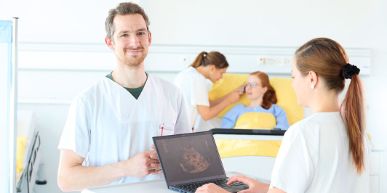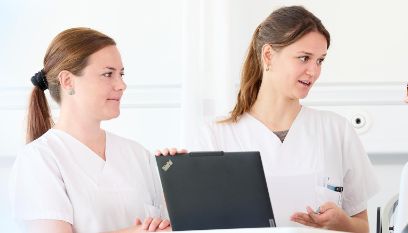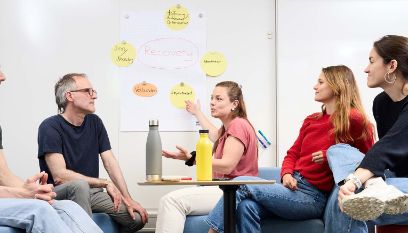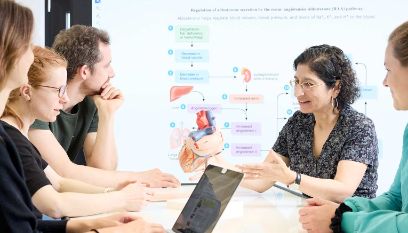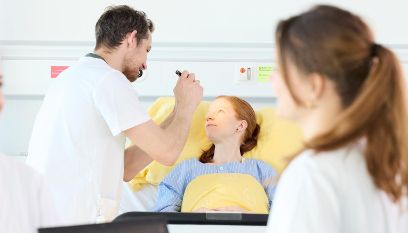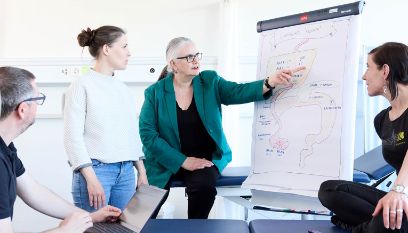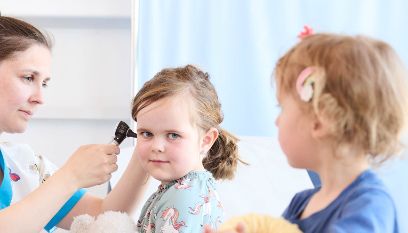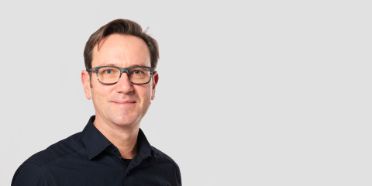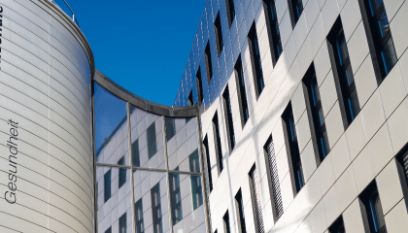Focus areas
The master’s degree programme consists of five module groups: Profession-specific, Research, Interprofessional, Transfer and Master’s thesis. In the Profession-specific module group, we offer you the following specialisations: Clinical Nurse Specialist (CNS), Nurse Practitioner (NP), Psychiatric Mental Health Nurse Practitioner (PMHNP) and Nurse Research Collaborator (NRC). Theory-practice transfer is important to us, so academia and practice are closely interlinked throughout the degree programme.
What you stand to gain from this degree programme
We train competent advanced practice nurses: with the consecutive Master of Science in Nursing programme, you will acquire the essential foundations for your work as an APN.
The Master of Science in Nursing programme will equip you with the specialist knowledge and skills required for complex decision-making. You will acquire clinical competencies for advanced and in-depth nursing practice as an advanced practice nurse. You will treat and support people in complex, challenging situations and contribute to improving their care.
In addition to an in-depth and interconnected understanding of the healthcare system, you will receive thorough training in the clinical subjects of advanced pathophysiology, advanced physical assessment and advanced pharmacology. These are essential for working as an advanced practice nurse. With a large proportion of supervised practice, you will deepen your knowledge and apply it.
What sets us apart
- In-depth expertise in Advanced Practice Nursing (APN)
- International comparability
- Active involvement in the further development of APN roles
- Strong practice networking with partners and secure practice placements
- International cooperation with leading institutions
- Focus on sustainability – participation in the Planetary Health Report Card (PHRC)
- User involvement and peer work (especially in PMHNP)
- Flexible study design to balance work and family life
- Foundation for working as a school nurse
The specialisations
Set the focus for your professional future. The Master of Science in Nursing degree programme offers you four areas of specialisation.
